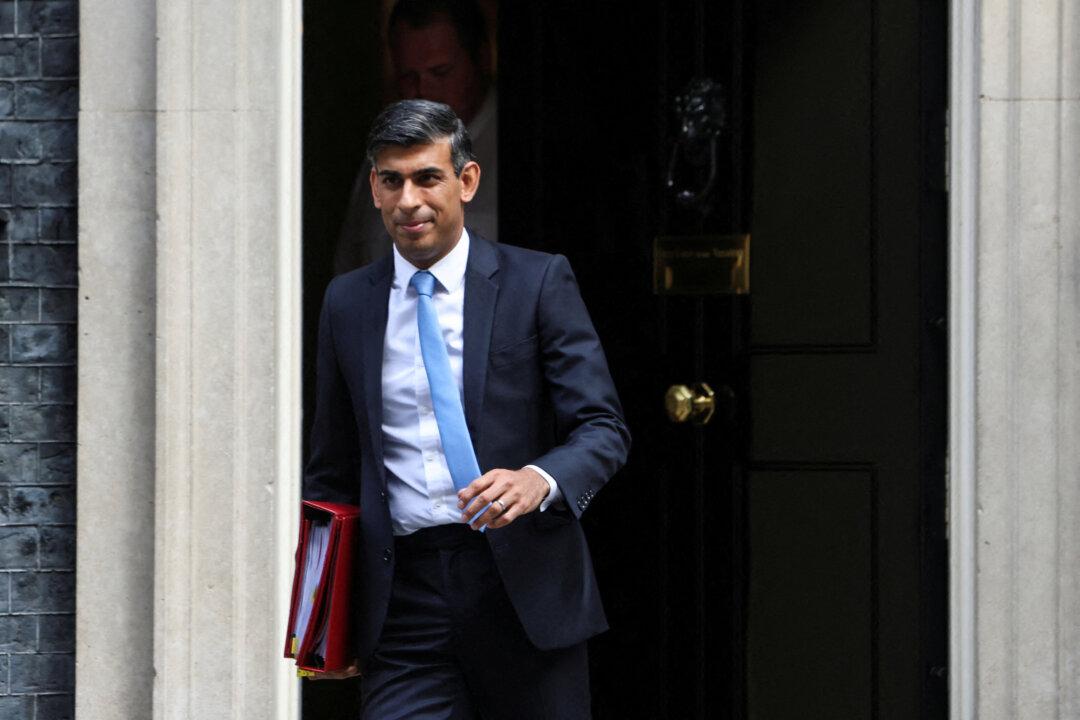The UK’s annual inflation has slowed to 4.6 percent in October, falling sharply from 6.7 percent in September, the Office for National Statistics (ONS) said on Wednesday.
The latest figure came as a much-needed piece of good news for embattled Prime Minister Rishi Sunak, who came under scathing criticisms from the newly fired Home Secretary Suella Braverman.





